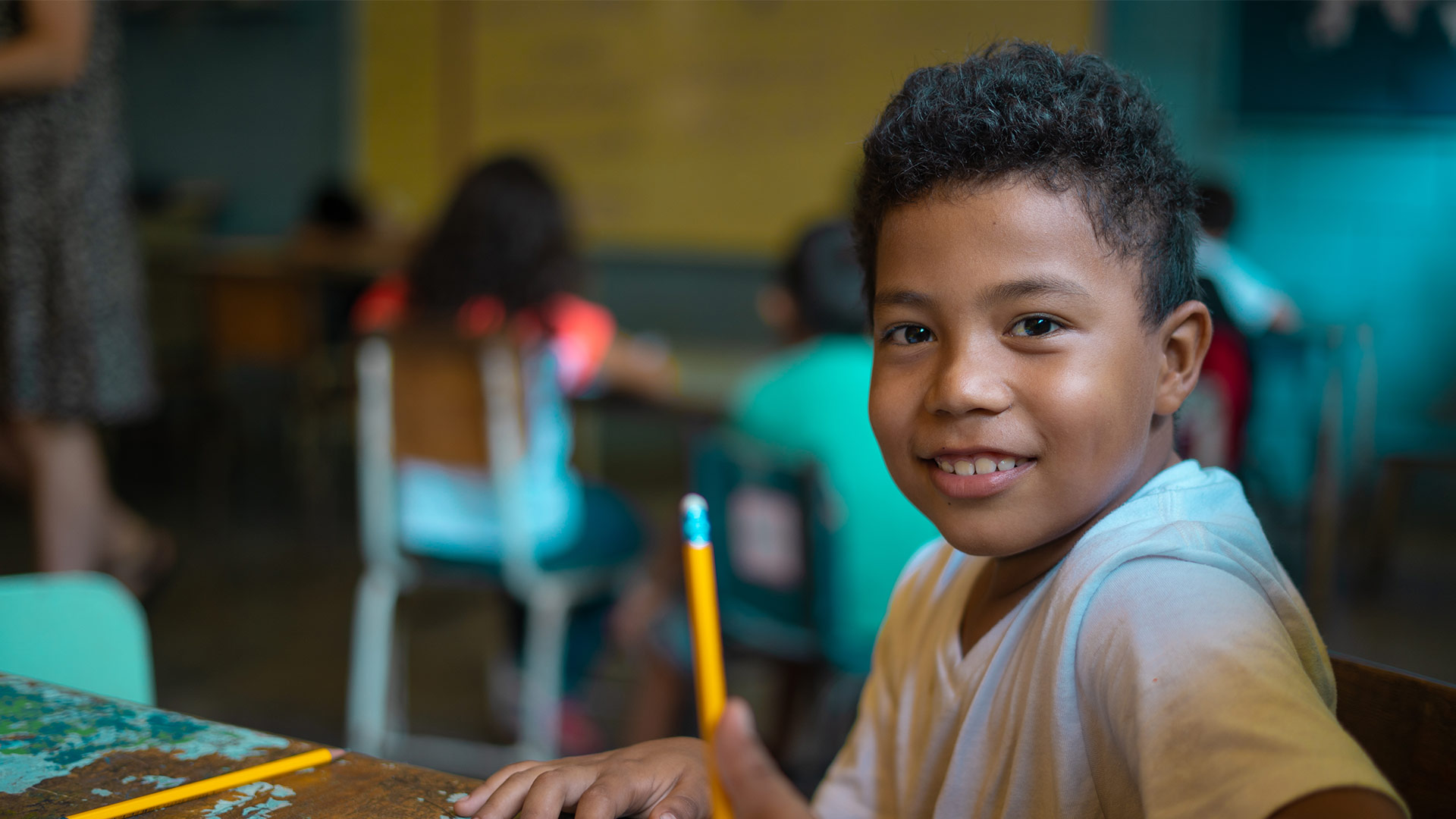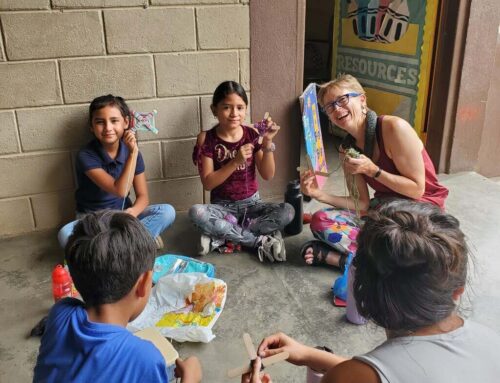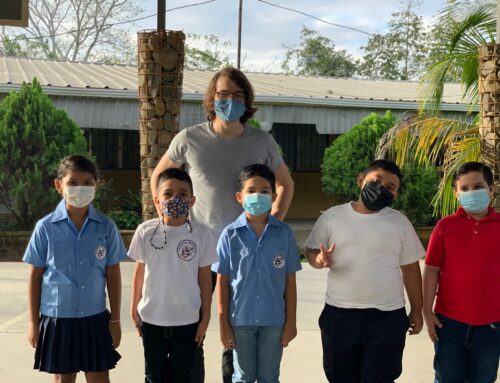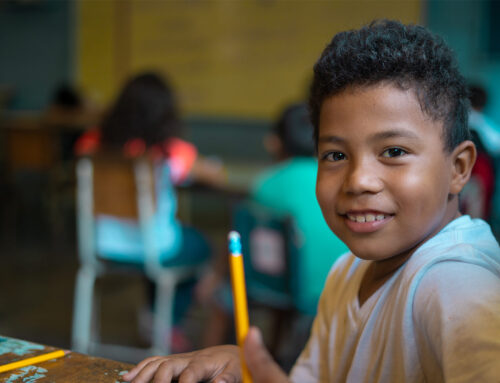It has been so long since I last posted, it would be hard to fill you in on everything that has happened in great detail so I will try my best to give you the abbreviated version and then get to the real purpose of this post.
The adjustment back has been relatively easy and I am just now feeling like I am good friends with all of the volunteers. Not to say that I didn’t we were friends before, but rather, upon our return the group dynamic has really improved and it is clear to see how much we all actually depend on each other. Really, if you insult the wrong person you might end up without dinner one night. But as good as our reunion has been, we have also been met with a few challenging moments.
In the teaching world, we have still not replaced our second grade teacher and I fear that we won’t for the rest of the year. We have resumed the resource-teacher-rotating schedule which has again applied pressure to our low students and the ability to have an extra hand in the class sometimes. But Giulio and Marni have really stepped in and grabbed the second grade bull by the horns (and it is quite a big bull).
Outside of academics, but still related to our SJBS community, we have had some people very close to BECA and SJBS pass away recently. The pre-k teacher who has been with SJBS from the start and has worn many different hats for the school recently lost her long battle with Lupis and passed away about 2 weeks ago. Her two sons are in the middle school and are seemingly readjusting to school life. WE all went to the funeral to support her family and I will surely never find a sound worse than dirt landing on a wooden coffin.
But I don’t want to bog you down with that news and I would be happy to share more in a more private venue. The real reason for this post is the trip we just got back from and what I learned while I was away. To give you the background:
During the summer, we are trained by two women who work at a non-profit bilingual school in Honduras and have worked with BECA for some years, preparing its inexperienced teachers for the challenges ahead. This trip was a way for them to check in with us, and for us to see their school and get a few pointers from a much more developed school.
We spent most of our time there observing classes and talking one-on-one with teachers who we needed advice from or who were doing similar lessons to us. The great thing about their school is that they hire credentialed, and mostly experienced teachers who have a wealth of knowledge to share. The differences in our two school are astounding but on paper, they are not much different. 40% of their students are on scholarship and they have all English-speaking instruction with a requisite Spanish and Social Studies classes taught by Hondurans.
The biggest difference is a tie between the quality of the building and abundance of resources and the overall behavior of the kids (more on that later). It inevitably is hard to compare because we are dealing with such different budgets and such different demographics, but being able to observe teachers who are really great at their jobs is a fantastic experience.
Other than the classroom observations, there were a few workshops set up for us to talk about a variety of topics. Writing Workshop, word work, authentic assessments, grading, and my personal favorite, positive behavior management. Why was this my favorite you ask? Because the teacher giving the workshop was a very large, but well built man who taught the shrimpiest 1st graders in the world, and he has this advice for us:
“Don’t ever get into a argument with a student. Do not engage them in their own game. Fighting with a student is like rolling around in the mud with a pig. The pig is having a great time, but you are just getting covered in mud and walking away more unhappy.”
This could not be more true, and I am incredibly guilty of this at times. As I mentioned before, one of the starkest differences between our school is the general behavior of the students. This ranges from behavior in the classroom to interpersonal interaction to the way they play at recess. And because most of my time is spent going over behavior, a lot of instruction is missed.
This workshop just reminded me that you have to fix problems with positivity. This takes unbelievable amounts of patience and is hard to keep up, but I am recommitted to going at this positively. It is all about incentives and I am slowly changing a lot about my classroom to structure it around incentives instead of consequences. He also taught us the importance of a logical punishment. If a child is caught talking with his table during class, the easy thing to do is give him detention during recess and leave it at that. Instead what we should do is take the privilege of working at a table away from the child and force him or her to now do everything alone. Tried it today and it worked wonders. I am now trying to find a singular desk to put in my class for this exact reason.
The visit just exposed a lot of weaknesses of our school, most of which are a result of the constant turnover of teachers and the irregularity of procedures from year to year and classroom to classroom. The 13 of us all mentioned this on the way back and I think we are now going to standardize some procedures across grades and develop a more structured disciplinary code. I am rebuilding my classroom, but this time I don’t have to start from scratch.
I am again back to my old motto, but with a twist: Baby steps. And a boatload of patience.








